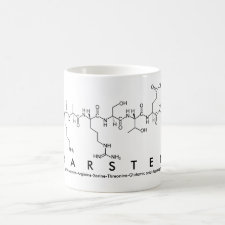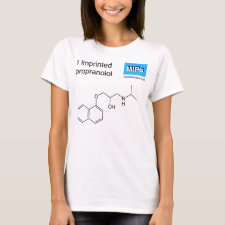
Authors: Rossi C, Haupt K
Article Title: Application of the Doehlert experimental design to molecularly imprinted polymers: surface response optimization of specific template recognition as a function of the type and degree of cross-linking.
Publication date: 2007
Journal: Analytical and Bioanalytical Chemistry
Volume: 389
Issue: (2)
Page numbers: 455-460.
DOI: 10.1007/s00216-007-1484-8
Abstract: We propose the use of Doehlert's experimental design, a second-order uniform shell design, for the optimization of molecularly imprinted polymers (MIPs). We have chosen a simple model system where the influence of kind and degree of cross-linking on template recognition was studied using S-propranolol as the template. We found that Doehlert's design allows - with very few experiments - one to screen the evolution of the binding capacity of a MIP as a function the different parameters, and thus appears to be a powerful means to screen for the best composition and synthesis method for MIPs. We believe that this chemometric tool can significantly accelerate the development of new MIPs as synthetic recognition elements, particularly in the context of a given application, and will be a versatile complement or alternative to first-order designs to fit complex processes
Template and target information: S-propranolol
Author keywords: chemometrics, Statistics, molecularly imprinted polymers (MIP), polymers



Join the Society for Molecular Imprinting

New items RSS feed
Sign-up for e-mail updates:
Choose between receiving an occasional newsletter or more frequent e-mail alerts.
Click here to go to the sign-up page.
Is your name elemental or peptidic? Enter your name and find out by clicking either of the buttons below!
Other products you may like:
 MIPdatabase
MIPdatabase









